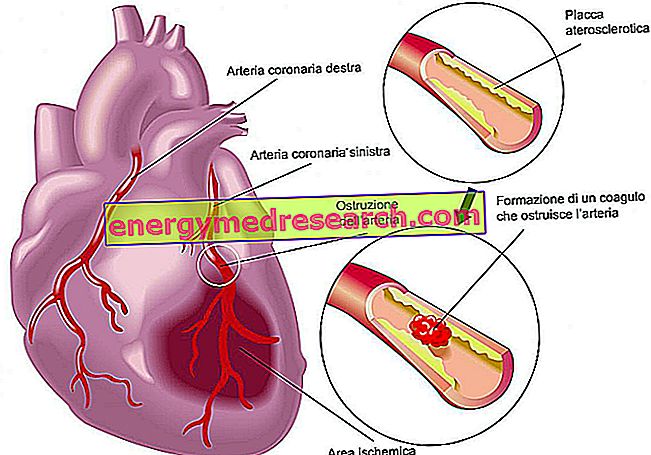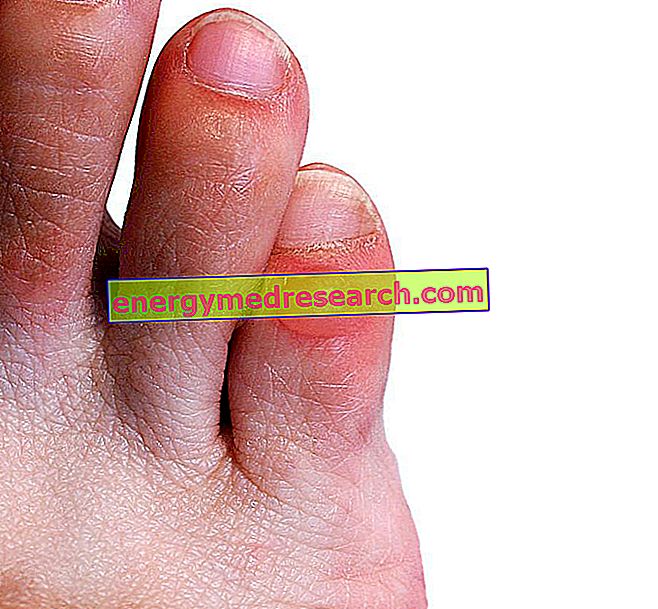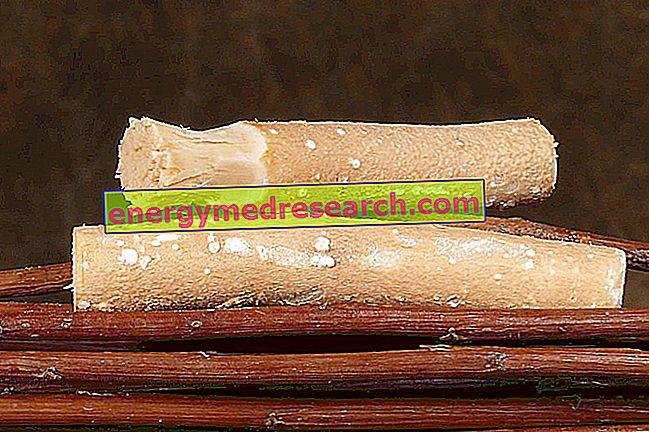
What happens to the heart during a heart attack?
Many people confuse cardiac arrest with heart failure, thinking that during the latter the heart stops beating. In reality, although a very serious heart attack can lead to cardiac arrest with sudden death, a heart affected by a heart attack generally continues to beat.
What happens to the heart during a heart attack?
What happens to the heart during a heart attack is that a more or less extensive area of the organ goes against death (necrosis) due to a strong lack of blood. This deficiency, called cardiac ischemia, is generally due to the presence of a blood clot or an embolus in a coronary artery (a blood vessel entrusted with the task of spraying a part of the heart).
The extension of the necrotic area determines the severity of the infarction, as this area becomes unable to contract (scar tissue is formed) and reduces the heart's ability to pump blood into the circulation. Early medical intervention can restore normal blood flow by limiting the extent of necrotic area.
In addition to losing the contractile capacity. necrotic areas conduct electrical impulses more slowly than healthy heart tissue. A strong cardiac necrosis can therefore disorganize the normal sequence of electrical impulses that generates the heartbeat. In these cases we speak of arrhythmia.
Particularly serious arrhythmias, such as atrial fibrillation, can lead to cardiac arrest (the heart stops beating).
In essence, therefore, we can say that most heart attacks do not involve sudden cardiac arrest. However, the latter recognizes infarct (and coronary heart disease in general) as its most common cause. Other possible causes of cardiac arrest include cardiomyopathies, cardiac arrhythmias, overdose, pulmonary embolism and massive bleeding.



